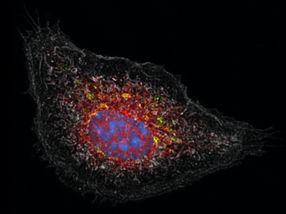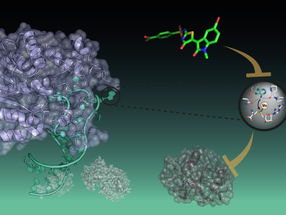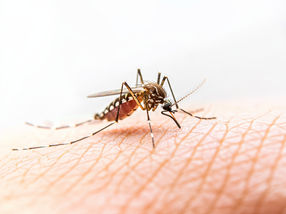Parasitic worms of pigs could provide new treatments of human diseases
New treatments for inflammatory bowel disease, rheumatoid arthritis, multiple sclerosis, diabetes and autism could be on the horizon, after a global University of Melbourne-lead study successfully mapped the genes of a parasitic worm in pigs
New treatments for inflammatory bowel disease, rheumatoid arthritis, multiple sclerosis, diabetes and autism could be on the horizon, after a global University of Melbourne lead study successfully mapped the genes of a parasitic worm in pigs.
Lead researcher, Dr Aaron Jex, Faculty of Veterinary Science, said, "We know that humans infected with the harmless, 'pig whipworm' can have significantly reduced symptoms linked to autoimmune diseases. And now we have the genetic sequence of the worm, it opens the door to future human drug designs and treatment."
Although the 'pig whipworm' causes disease and losses in livestock, it does not cause disease in humans.
In contrast, the 'human whipworm' infects around 1 billion people, mainly children in developing nations, and causes dysentery, malnourishment and impairment of physical and mental development.
Coauthor, Prof Robin Gasser, Faculty of Veterinary Science, said, "The genes tells us about the proteins that this worm uses to interact with our immune systems. Knowing the worm's molecular landscape could be very useful in starting to understand autoimmune diseases in humans."
Most read news
Original publication
Organizations
Other news from the department science

Get the life science industry in your inbox
From now on, don't miss a thing: Our newsletter for biotechnology, pharma and life sciences brings you up to date every Tuesday and Thursday. The latest industry news, product highlights and innovations - compact and easy to understand in your inbox. Researched by us so you don't have to.























































